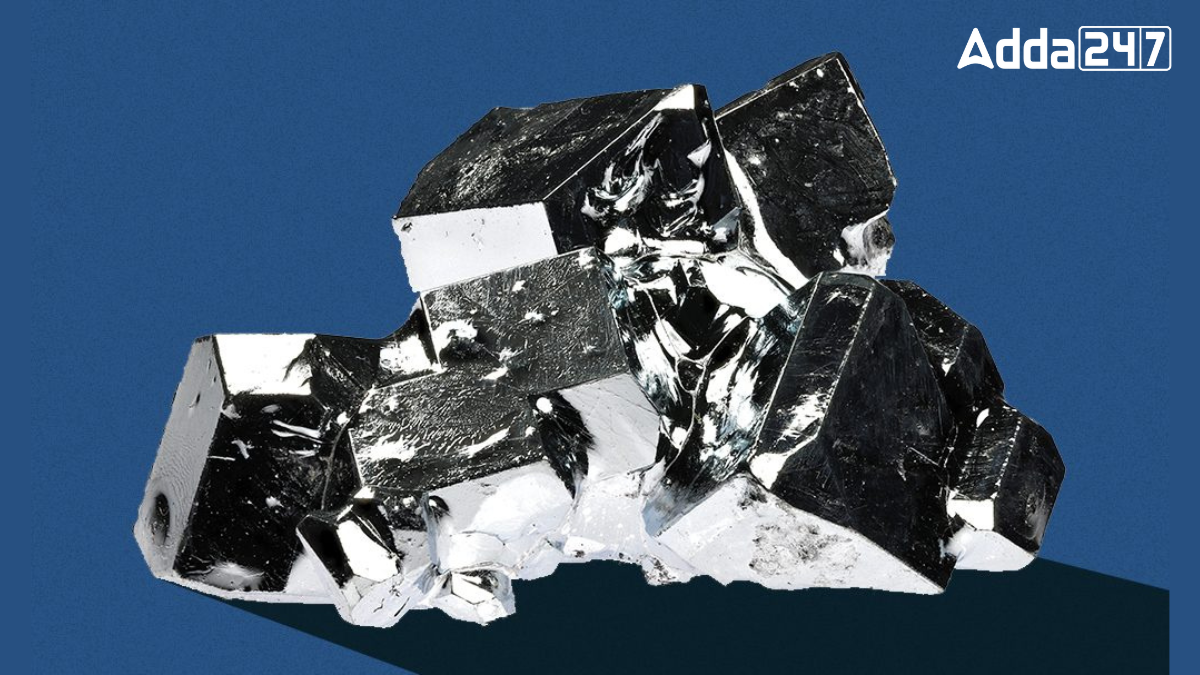Gallium is a soft, silvery metal used primarily in electronics and semiconductors. It is an important component in the production of light-emitting diodes (LEDs), solar panels, and various high-tech devices. Gallium is not found in its elemental form in nature but is extracted as a byproduct of mining and refining other metals like aluminum and zinc.
Worldwide Gallium Production
Worldwide gallium production is centered on high-purity refined gallium, with a significant annual production capacity of 325,000 kilograms. This production supports crucial industries such as electronics, LEDs, solar panels, and medical devices. The high demand for gallium in advanced technologies ensures continuous growth in its production, maintaining a stable supply for global markets.
Major Gallium Producers
The production of gallium is concentrated in a few countries due to the specific mining and refining processes required. The largest producers of gallium include China, Germany, South Korea, and Japan. However, one country stands out as the leading producer.
Largest Gallium Producing Country in the World
China is the largest gallium-producing country in the world, accounting for more than 98 percent of global production. This dominance is due to its extensive mining and refining capabilities. With a significant annual production capacity, China ensures a steady supply of high-purity refined gallium, essential for electronics, LEDs, solar panels, and other advanced technologies.
Applications of Gallium
Gallium’s unique properties make it highly valuable in various industries. Some of its key applications include:
- Electronics: Gallium is used in the manufacture of semiconductors, transistors, and diodes.
- LEDs and Displays: Gallium compounds are essential for producing high-efficiency LEDs and flat-panel displays.
- Solar Panels: Gallium arsenide is a crucial material in high-efficiency solar cells.
- Medical Devices: Gallium is used in medical imaging and diagnostic equipment.




 List of National and International Organ...
List of National and International Organ...
 Which District of Kerala is known as the...
Which District of Kerala is known as the...
 Which District of Kerala is known as the...
Which District of Kerala is known as the...








